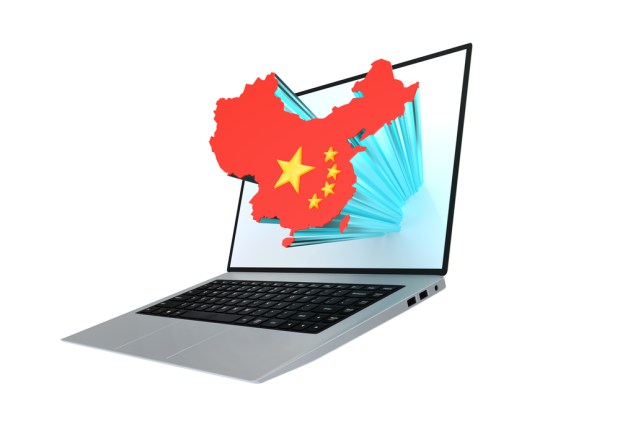China Presses For Backdoors To US Tech Products

China’s burgeoning economy and newly minted middle class promise lucrative profits for tech companies capable of breaking into the country, but a political challenge could throw a wrench into the plans of companies like Facebook and Apple.
Much like a pledge pushed onto Apple by Russia, American tech companies hoping to do business in the People’s Republic of China are reportedly being coerced into complying with an intrusive data and security policy, according to The New York Times. Speaking under condition of anonymity, three sources told The NYT that ahead of a summit in Seattle with Lu Wei, China’s senior executive official in charge of cybersecurity and Internet policy, Beijing sent a confidential letter to heads of U.S. tech companies asking the companies to ensure that their products and services released in China are “secure and controllable.”
The phrase is vague enough that experts fear it could potentially lead to government-mandated backdoors into smartphones, Internet services and any other tech product U.S. companies decide to release for Chinese consumers. Facebook and Google, to name a few, are already blocked within China’s digital borders, and this latest development could pit those companies’ desires to remain independent against the pursuit of profit. Adam Segal, a Chinese technology policy consultant at the Council on Foreign Relations, explained that there is also a great deal of aggressive political wrangling between the U.S. and China ahead of President Xi Jinping’s first official visit to Washington, D.C., and some of the largest tech companies are in the crossfires.
“The tech companies are being pulled in many directions by both governments in what has become a much more complicated relationship,” Segal told The Financial Times. “Most of them do not like being caught in the middle.”
Some heads of the top tech companies in the U.S. have publicly stated their intentions to rollout many existing stateside services to Chinese users, but signing away their right to digital self-determination could be a bridge too far.
To check out what else is HOT in the world of payments, click here.
